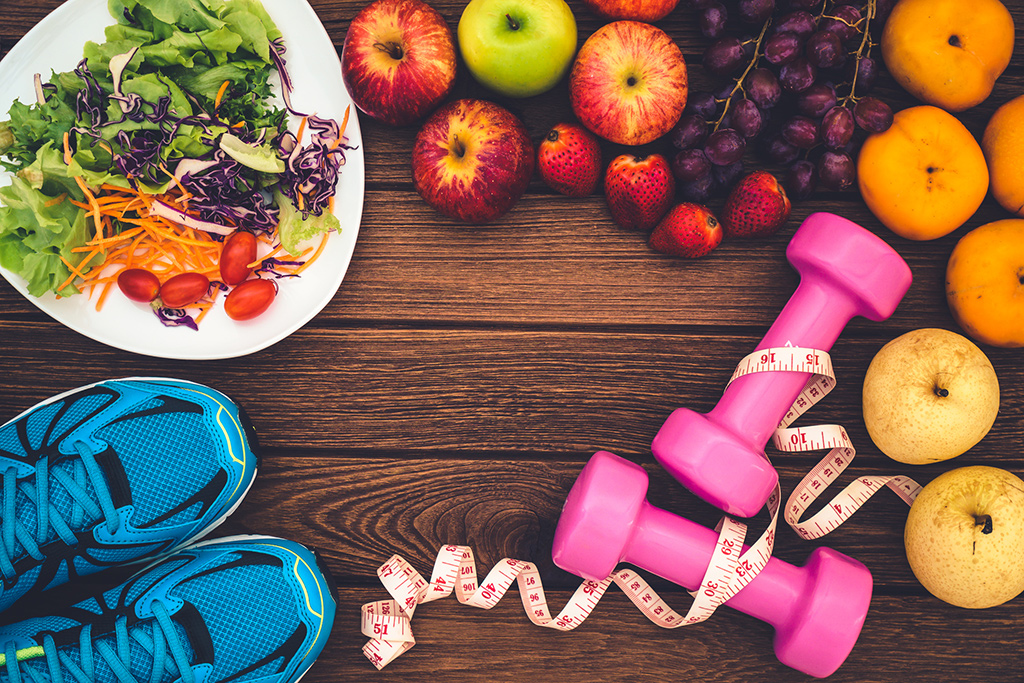Top 10 Reasons Urging You to Include More Fruits and Vegetables in Your Diet
When we think about a healthy diet, we have a lot of reasons to eat more fruits and vegetables. No wonder, they reduce obesity, heart disease, diabetes, and other metabolic diseases that extend speedily. Moreover, they make a fast snack. So, let’s see why you should eat more fruits and veggies!
10 Reasons to Each more Fruits and Vegetables
1. Lots of Fiber
Maximum veggies and fruits contain enough fiber for filling you up and improve gut heart. Veggies rich in fiber incorporate green peas, artichokes, cauliflower, and broccoli. Fiber-rich fruits are pumpkin, apples, pears, and raspberries.
2. Convenience
Fruits and vegetables are nutritious in every form – 100% juice, dried, canned, frozen, and fresh. Hence, they are ready to have whenever you feel.
3. Protection against Diseases
Several fruits and veggies comprise phytochemicals that are biologically active substances that help safeguard against some diseases. They can reduce your risk of stroke, Type-2 diabetes, high BP, heart disease, and cancer. Watercress, collards, cabbage, and broccoli can reduce cancer risks.
4. Natural, Fast Snack
Fruits and vegetables are naturally available and easy to eat as a fast snack. Dip veggies into hummus for boosting your mid-day or combine fresh fruit with one tablespoon of nut butter.
5. Low in Fat and Calorie
Fruits and particularly veggies are quite low in fat and calories. This implies you can eat a lot to fill yourself without concern about extra fat or calories. However, there are exceptions like coconuts, olives, and avocados.
6. Various Flavors and Textures
Plant-based foods, with their interesting and robust flavors, let you be creative in the kitchen. You can try mild flavors like corn and mushrooms, or strong ones like peppers, olives, and onions. Fruits like plums, grapes, or pineapple are amazing for sweet flavors, while grapefruits and lemons are great for sour flavors.
7. Vitamins and Minerals
Fruits and vegetables comprise vitamins A, C, and K, and plenty of essential nutrients incorporating calcium, iron, potassium, and magnesium.
8. Low in Cholesterol and Sodium
Fresh vegetables and fruits comprise just a little amount of sodium. Moreover, cholesterol does not even present in fruits and vegetables at all.
9. Help You Maintain Good Health
Since fruits and veggies are low in sugar, salt, and saturated fat, they belong to a well-balanced diet that helps you prevent weight gain or shed excess weight. Moreover, they help you reduce cholesterol levels, inflammation, and blood pressure.
10. Delicious and Fun to Eat
Both fruits and veggies taste good and even kids also enjoy them to eat. Moreover, they are the healthiest food items to eat regularly.
Final Notes About Eating More Fruits and Veggies
So, these are the top 10 reasons to eat more fruits and vegetables daily. In case you enjoy fruits and veggies greatly, they will enhance your health and you will surely enjoy your eating. Although it may take a slight effort, creativity, and an open mind for trying new things out, moving to a well-balanced diet with a lot of fruits and vegetables is certainly worth it.








